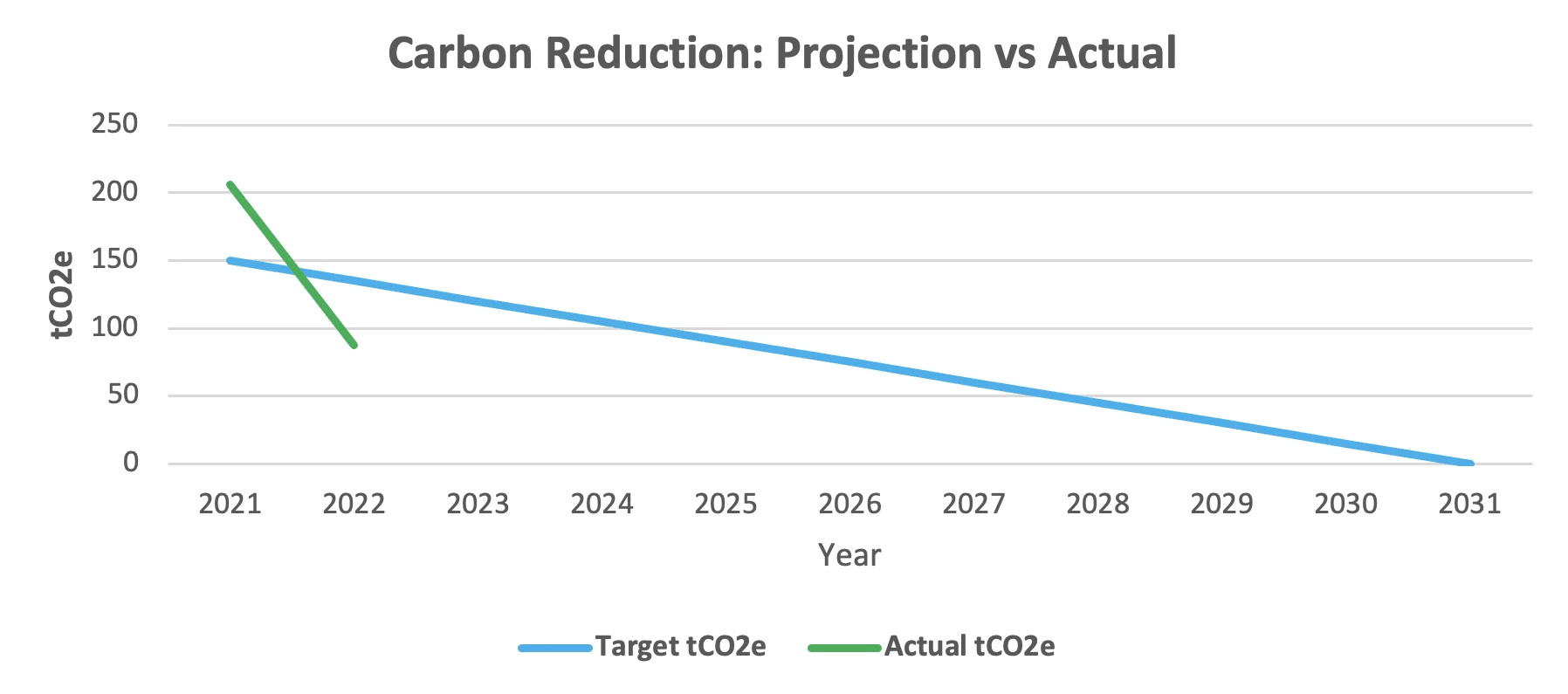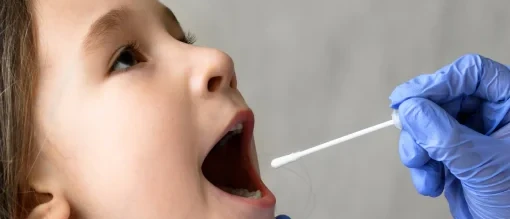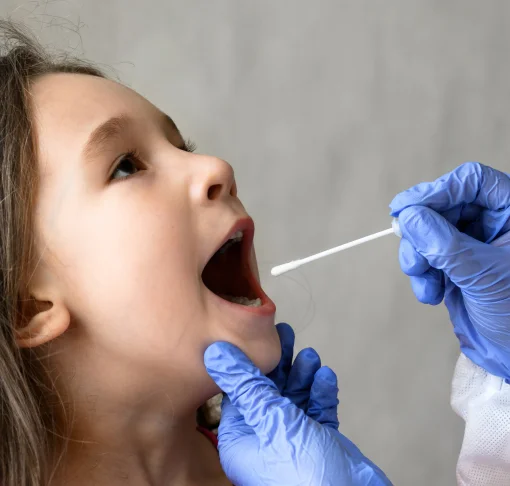- Drug and Alcohol
Court approved hair, nail, blood drug and alcohol testing - Maternity and Paternity
Ministry of Justice approved legal DNA testing - Wider Relationships
Understanding second and third degree familial connections - Immigration
Home Office approved testing for visas and passports - Expert Services
Court standard expert witness reporting - International DNA Collection
Home Office approved DNA collection from overseas
Carbon Reduction Plan
Commitment to achieving Net Zero
AttoLife is committed to achieving Net Zero emissions by 2035.
Our path to net zero carbon has been developed as part of our continued commitment to the environment and building a sustainable business. Our approach to achieving net zero follows a four-step process:
- Review – assess and improve processes and systems for carbon emission data collection
- Reduce – implement energy reduction and efficiency measures
- Reuse – Identify opportunities for renewable energy and recycling
- Redistribute – Explore opportunities towards offsetting surplus carbon while still following reduce and renew measures
In 2023, following easing of restrictions brought about by the global pandemic and with the business returning to pre-pandemic levels after a sizeable increase in laboratory testing, we undertook to review all carbon emissions reporting processes and data to form a robust baseline from which to set interim targets.
Baseline Emissions Footprint
Baseline emissions are a record of the greenhouse gases that have been produced in the past and were produced prior to the introduction of any strategies to reduce emissions. Baseline emissions are the reference point against which emissions reduction can be measured.
Baseline Year: 2023
Additional Details relating to the Baseline Emissions calculations : Our organisation has not previously assessed or reported emissions, and therefore our baseline year will be our first reporting year. In addition, 2020, 2021 and 2022 were skewed years terms of our carbon footprint as we conducted a significant number of laboratory Covid-19 PCR tests with marked increase in staff, and we have since undergone substantial organisational change and restructuring.
| Baseline Year: 2023 | |
| Additional Details relating to the Baseline Emissions calculations | |
| Our organisation has not previously assessed or reported emissions, and therefore our baseline year will be our first reporting year. In addition, 2020, 2021 and 2022 were skewed years terms of our carbon footprint as we conducted a significant number of laboratory Covid-19 PCR tests with marked increase in staff, and we have since undergone substantial organisational change and restructuring. | |
| Baseline year emissions: | |
| EMISSIONS TOTAL | (tCO2e) |
| Scope 1 | 7.04 |
| Scope 2 | 35.21 |
| Scope 3 | 45.49 |
| Total Emissions | 87.73 |
| Reporting Year: 2023 | |
| EMISSIONS TOTAL | (tCO2e) |
| Scope 1 | 7.04 |
| Scope 2 | 35.21 |
| Scope 3 | 45.49 |
| Total Emissions | 87.73 |
Emissions reduction targets
In order to achieve Net Zero, we have adopted the following carbon reduction targets. We have targeted a 15 tCO2 e annual reduction, and therefore project that carbon emissions will decrease over the next five years to 12 tCO2e. This is a reduction of 86%.
Progress against these targets can be seen in the graph below:

Carbon Reduction Projects
The following environmental management measures and projects have been completed or implemented recently and the measures will be in effect when performing the contract.
- Air source heat pumps are now used replacing traditional radiators within our buildings. This means we are only using energy where required in each room.
- We are based in some listed buildings but were able to install double glazing to replace the older Crittall single glazed units. This has resulted in us using nearly half of the energy required to heat rooms within the business. We found this to be particularly important for the laboratory areas, which must maintain a constant temperature to ensure reproducibility of testing. We also found the biggest saving on energy within our 620 m2 warehouse, which is used for storing our inventory of point of care tests, within which temperature control is also critical to ensure validity of the test devices.
- We have installed a new condenser boiler. This unit has temperature upgrades for temperature control and also safety protection, while being energy efficient.
- 66% of the business car fleet now contain an electric motor, with the aim to move the whole fleet to a car containing an electric motor in 2024.
- PIR Motion Sensor lighting is in place on the
- Our company webpage was redeveloped to run on sustainable energy, meaning a smaller carbon footprint, generating only 0.034 tCO2e per year.
In the future we hope to implement further measures such as:
- Emission from the premises will be reduced through a combination of behaviour changes, energy efficiency measures and through the purchase of energy generated from renewable sources.
- The most energy intensive aspect of the business is associated with our electricity usage, and transportation for staff and the sales team. We will continue to opt for more energy efficient transportation means i.e., choosing sea freight over air and buying in bulk when purchasing from overseas. Some reduction in emissions is expected to be achieved through external factors and market forces.
- The amount of renewable electricity generated in the UK and fed into the national grid is increasing each year and carries with it a reduction in the emission generated from the electricity and water used by the business. Technological advances within the automotive industry means an increase in the efficiency of vehicles each year and thus a reduction in emission for each mile driven. By encouraging and maintaining partnerships with suppliers in energy (electricity), transportation and automotive industries that are geared towards meeting similar carbon reduction goals ours will be met.
We actively encourage staff to carshare where possible and several of our employees are located within the local area and opt to commute with zero emissions, and several more opt to commute via public transport. Other initiatives include:
- Reducing business travel and use technology such as Microsoft Teams and Zoom to conduct training and client meetings
- Turning office equipment off at the end of shift
At AttoLife, we are committed towards achieving net zero across all three greenhouse gas emission scopes. The targets we have set ourselves are ambitious, however we are resolved to achieving them through making real reductions in carbon without placing significant emphasis on offsetting, and instead focusing on energy reduction and energy efficiency measures. We are exploring the creation of an offsetting standard that ensures our business reflects our efficiency commitment and only offsets carbon within UK borders using credible and transparent schemes.
AttoLife also hopes that future technological advances in energy saving and reduction schemes, will positively impact our Net Zero ambition.

